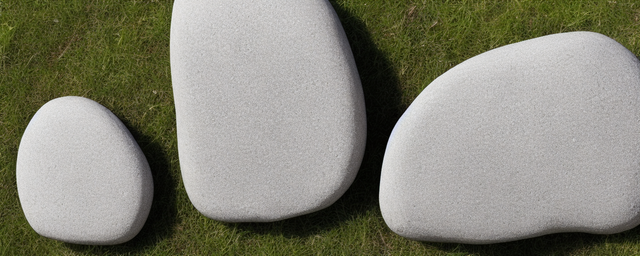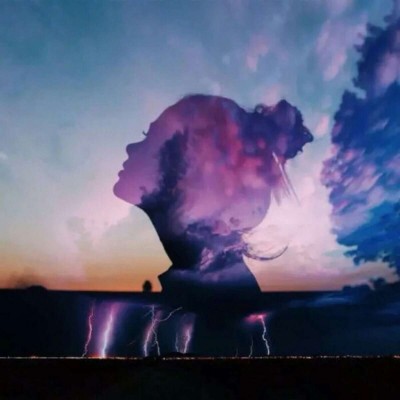
腰结石有什么危害
原|2024-04-25 13:00:48|浏览:67
Kidney stones, also known as renal calculi or nephrolithiasis, are hard deposits made of minerals and salts that form in the kidneys. When these stones move through the urinary tract, they can cause severe pain and other complications. Here are some of the potential hazards associated with kidney stones:
1. **Pain**: One of the most common symptoms of kidney stones is intense pain in the back, sides, abdomen, or groin. The pain can come in waves and may be accompanied by nausea and vomiting. The severity of the pain can be debilitating and may require medical intervention.
2. **Obstruction**: Larger kidney stones can block the flow of urine, leading to urinary obstruction. This can cause urine to back up into the kidneys, potentially causing infections, kidney damage, or even kidney failure if left untreated.
3. **Infections**: Kidney stones can create a hospitable environment for bacteria to thrive, increasing the risk of urinary tract infections. These infections can be painful and may require antibiotics to treat.
4. **Hematuria**: Passing kidney stones can cause blood to appear in the urine, a condition known as hematuria. While this is usually not dangerous, it can be a sign of an underlying issue that needs to be addressed.
5. **Complications during pregnancy**: Pregnant women with kidney stones may experience complications such as preterm labor, low birth weight, or high blood pressure. It is important for pregnant women with kidney stones to receive proper medical care to ensure the safety of both the mother and the baby.
6. **Recurrence**: Once a person has had kidney stones, they are more likely to develop them again in the future. Taking preventive measures, such as staying hydrated and following a balanced diet, can help reduce the risk of recurrence.
In conclusion, kidney stones can have various harmful effects on the body, ranging from excruciating pain to more serious complications like kidney damage and infections. It is essential to seek medical attention if you suspect you have kidney stones to receive proper diagnosis and treatment.
猜你喜欢
- 茶的分类及代表品种
- 六大茶类的代表名茶分别有
- 茶的类型和代表
- 六大茶叶的分类及产地
- 庙的分类及代表
- 藻的分类及其代表
- 茶的分类及代表茶品特点
- 茶的分类及代表茶
- 简述茶类的分类及其代表性名茶
- 六大茶类的分类及代表茶
- 动物分类及代表
- 糖的分类及代表
- 茶的分类及代表茶叶
- 茶的分类及代表图
- 茶的分类及代表作
- 茶器按质地的分类及代表茶器
- 茶的分类及代表名茶教学设计
- 简述茶的分类及代表性名茶
- 请写出乌龙茶的分类及代表茶
- 法国雅文邑白兰地系列
- 雅文邑白兰地介绍
- 1952年法国雅文邑白兰地
- 法国雅玛邑白兰地
- 纽波利顿獒
- 法国犬品种
- 南非獒犬的优缺点
- 波尔多獒犬寿命
- 波兰狩猎犬
- 波尔多犬和罗威纳犬对比
- 波尔多犬和杜高对比
- 世界十大凶犬
- 护卫犬排行榜前十名
- 大红袍怎么泡效果好
- 大红袍怎么泡不开
- 大红袍怎么泡茶
- 大红袍怎么泡出来没颜色
- 大红袍怎么泡不苦
- 大红袍怎么泡多久
- 大红袍怎么泡才正确的特点
- 大红袍怎么泡没有柴味儿
- 大红袍怎么泡放多少合适
- 花香大红袍怎么泡
- 大红袍怎么泡茶好
- 大红袍是怎么泡的
- 大红袍怎么泡水好喝
- 大红袍用玻璃杯怎么泡
- 大红袍怎么泡味道浓一些
- 十大排名果花茶
- 十大花茶组合排名
- 十大花茶品种大全
- 十大花茶功效
- 十大花茶销量排行榜
- 十大花茶有哪些
- 十大花茶品种
- 十大花茶推荐
- 十大花卉排行榜
- 十大花卉
- 十大花茶调理内分泌
- 九五至尊秦昊明月关山
- 红茶冲泡工艺
为你推荐






































































